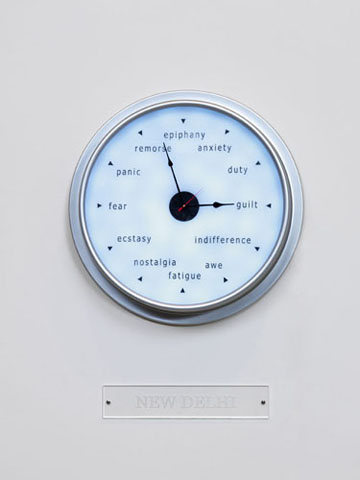
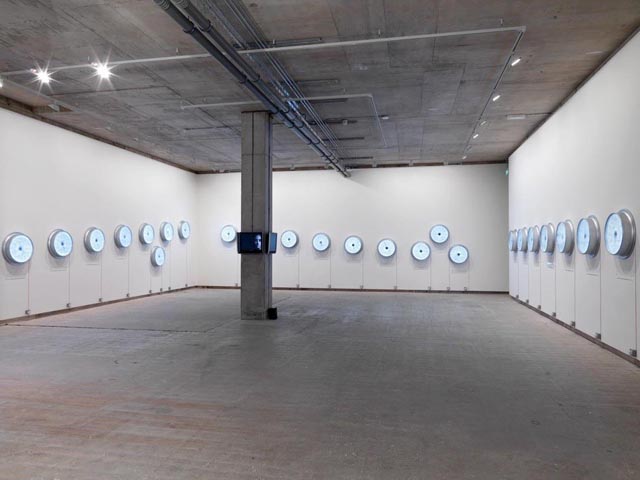
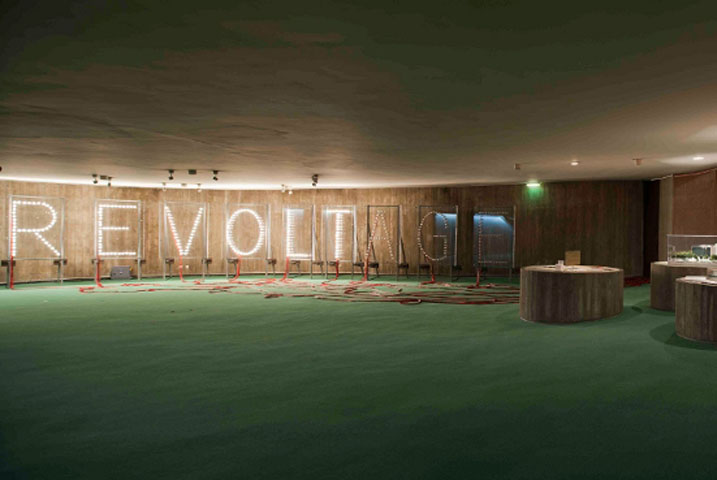
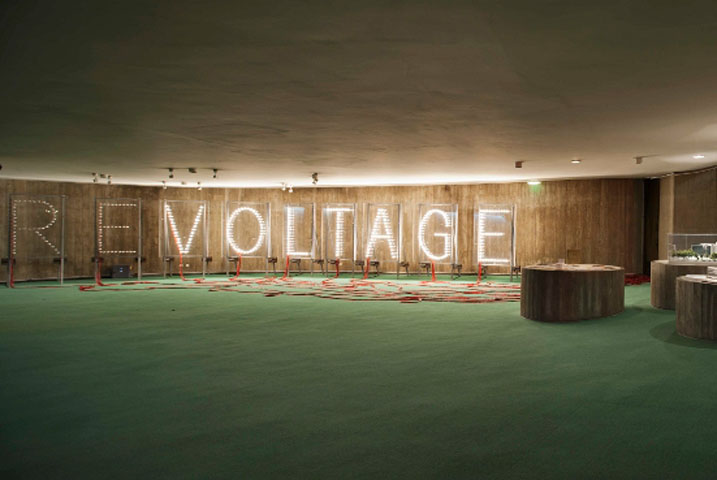
.jpg)
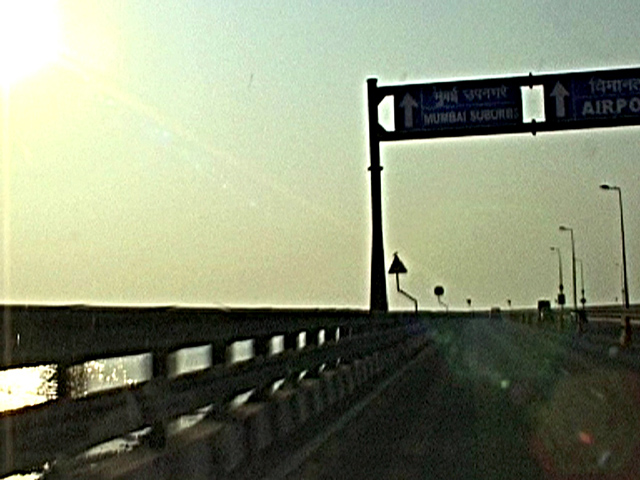
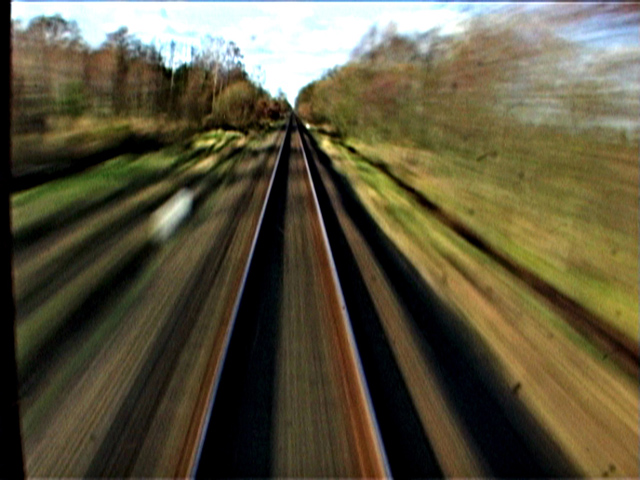
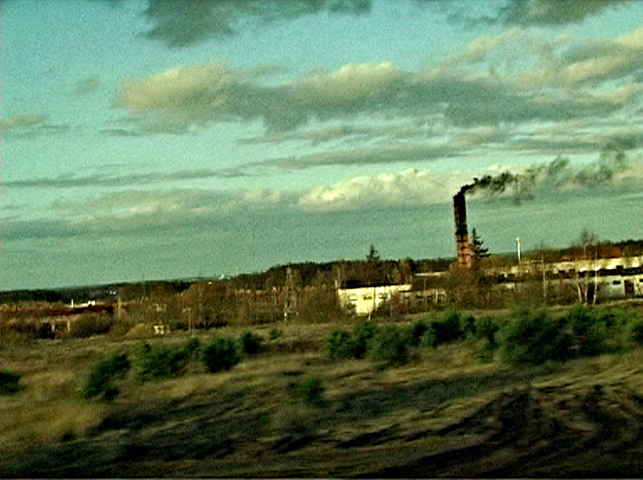
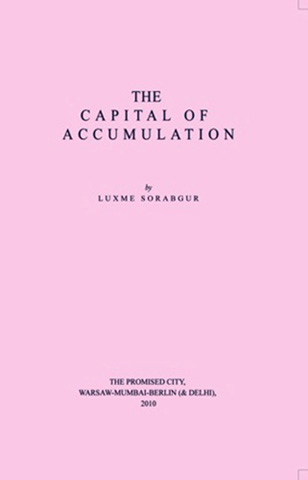




.jpg)




Raqs have been studying the effects of documentary film production over the last fifteen years, and have also been engaged with the questions of place; here they took as their inspiration Luxemburg’s revolutionary The Accumulation of Capital: A Contribution to an Economic Explanation, which was written in 1914. With Luxemburg’s figure and vision as a focal point, they created a web of fictional and real events that crisscross a hundred years in three cities, and are presented via a diptych of two synchronized videos, archival materials, texts, and sound.
In her book, Luxemburg offered a Marxist vision of broad economic equality free of any national identifications. Through the visual exploration of the three contemporary cities, Raqs attempt to expose the failure involved in the globalization that has taken us over now, as well as the underlying potential. The work moves nimbly between the various figures and the historic and geographic contexts. Luxemburg’s vision of the freedom to resist receives new meanings as Raqs highlight the unprecedented labor migrations in contemporary cities and emphasize the social and economic gaps between “working hands” and the hands of those who have means. But Raqs do not only use Luxemburg’s vision as a key into our current reality, and into the contemporary meanings of the loss of national identification. In fact, their work celebrates Luxemburg’s well known “freedom is always the freedom to think differently,” and makes it relevant a century and two metropolitans away. Perhaps the continuity they affirm is the central thrust of this project.
The Promised City Project was initiated by the Goethe-Institute in Warsaw, and supported by the Max Mueller Bhavan in Mumbai and the Polish Institute in Berlin.